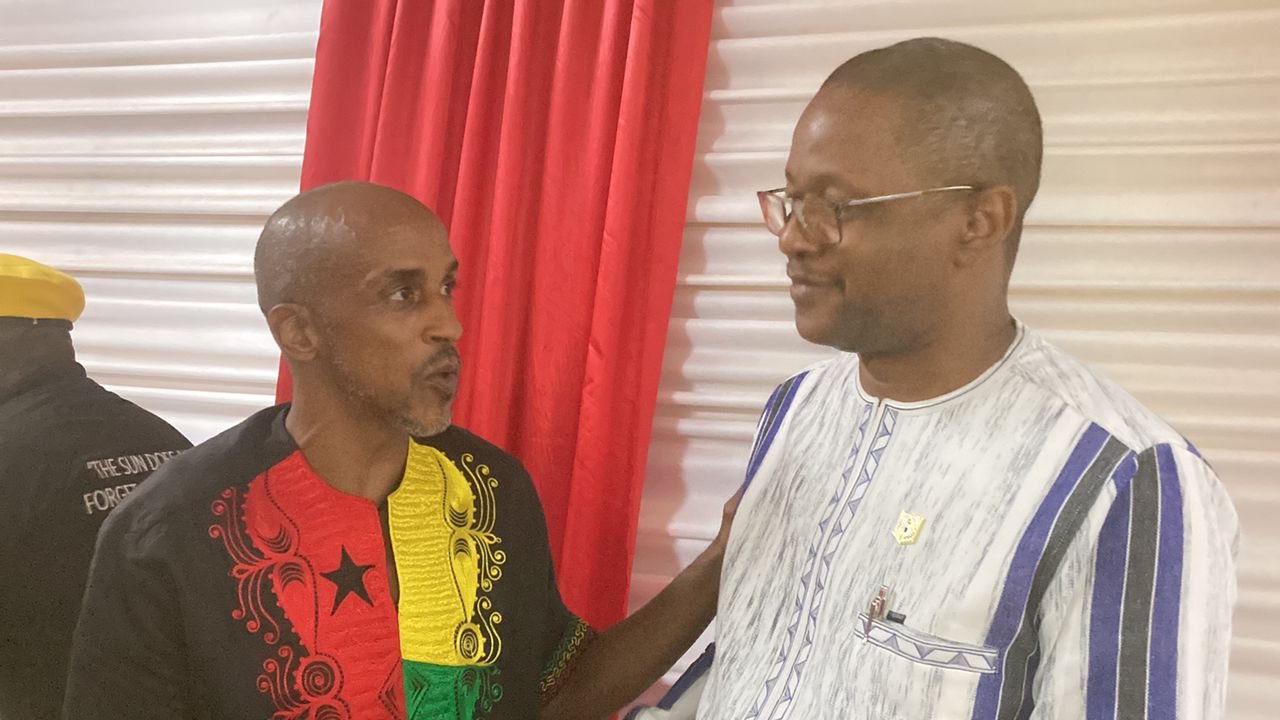H.E. SIPHIWE BALEKA, MINISTER OF FOREIGN AFFAIRS, PROVISIONAL GOVERNMENT OF THE REPUBLIC OF NEW AFRIKA with KARAMOKO JEAN MARIE TRAORE, MINISTER OF FOREIGN AFFAIRS, REGIONAL COOPERATION AND BURKINA FASO CITIZENS ABROAD.
May 9, 59 ADM* (2024) - The Provisional Government of the Republic of New Afrika (PGRNA) has initiated diplomatic relations with the Republic of Burkina Faso during a Diaspora Investment Summit organized by H.E. Ambassador Arikana Chihombori Quao through the African Diaspora Development Institute (ADDI) in partnership with the embassy of Burkina Faso in Washington, D.C.
PGRNA Minister of Foreign Affairs presented his credentials to Mr. Hermann Toé, Special Advisor of the Minister of Foreign Affairs along with a Concept Note for discussion that included positioning Burkina Faso to be champions of the Global Afrikan Reparatory Justice Movement and Pan Afrikan Movement through support of the upcoming Afrodescendant Nation National Reparations Convention, Right to Return citizenship legislation and the request for an advisory opinion from the International Court of Justice on “The status of Afro Descendant People as prisoners of war under the Geneva Convention and their right to conduct plebiscites for self-determination.”
“By supporting these efforts, Burkina Faso will further deepen the admiration, respect and support of the African Diaspora that the ADDI mission has so successfully launched,” stated Minister Baleka. “Our great leader, Malcolm X told the African Heads of State, including the President of the former Upper Volta (now the Republic of Burkina Faso) that as Afrikan people dispersed throughout the west, ‘our problems are your problems’. Just as the African Diaspora supported the African liberation movements on the continent, the African Diaspora that constitutes the African Union 6th Region, which includes the Republic of New Afrika, needs citizenship on the continent and a sponsor nation to submit our request for an advisory opinion from the ICJ on the fundamental legal issues concerning reparations for the Dum Diversas War and the legal obligations of the detaining powers under the Geneva Convention towards the descendants of the prisoners of that war that were trafficked and enslaved in the Americas..”
Mr. Baleka believes that if the government of Burkina Faso submits the request for the ICJ Advisory opinion and announces a Diaspora citizenship policy, they will catapult themselves into the forefront of the Reparations movement from the side of African states.
“Burkina Faso will attract the same respect and popularity that South Africa did when it went to the ICJ on behalf of the Palestinians. This will garner Burkina Faso even more global African admiration, especially in the Diaspora and will provide them the narrative that anything the west does to them is in retaliation for standing up for justice for African people, solidifying even more Burkina Faso’s Pan African legitimacy. In turn, the PG-RNA, the Diaspora and Pan Africanists commit to promoting tourism and investment in Burkina Faso as a priority. and make Ougadougu the location of conferences, conventions and Pan African Congresses for the next two Decades. The idea is to make Burkina Faso the Ghana of the 1960’s minus the CIA infiltration,” said Minister Baleka.
It should be recalled that the government of Ghana was heavily criticized for canceling a Pan African Conference that includied H.E. Ambassador Arikana Chihombori Quao, Julius Malema, PLO Lumumba and Peter Obi that was called by Ghana industrialist Nana Kwame Bediako, who made an appearance during the ADDI Youth event in Burkina Faso. Meanwhile, many veteran Pan African activists, leaders and organizations are skeptical of the planning for the 9th Pan African Conference scheduled for Lome, Togo later this year. There is a growing belief that only Burkina Faso can credibly host such an event.
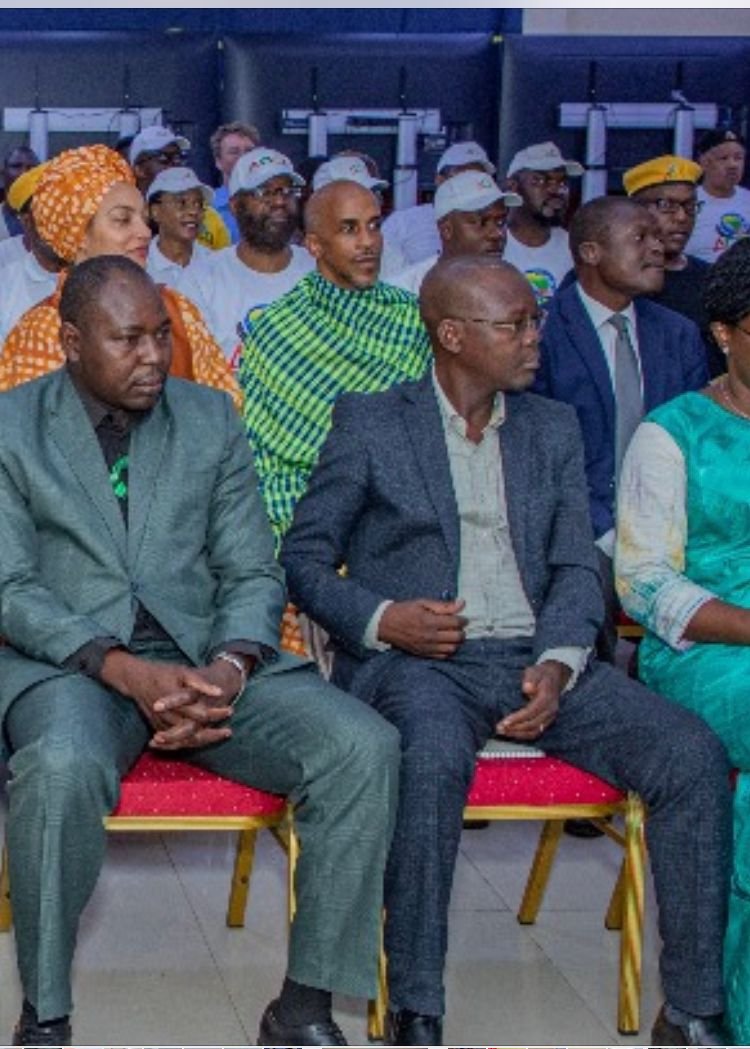
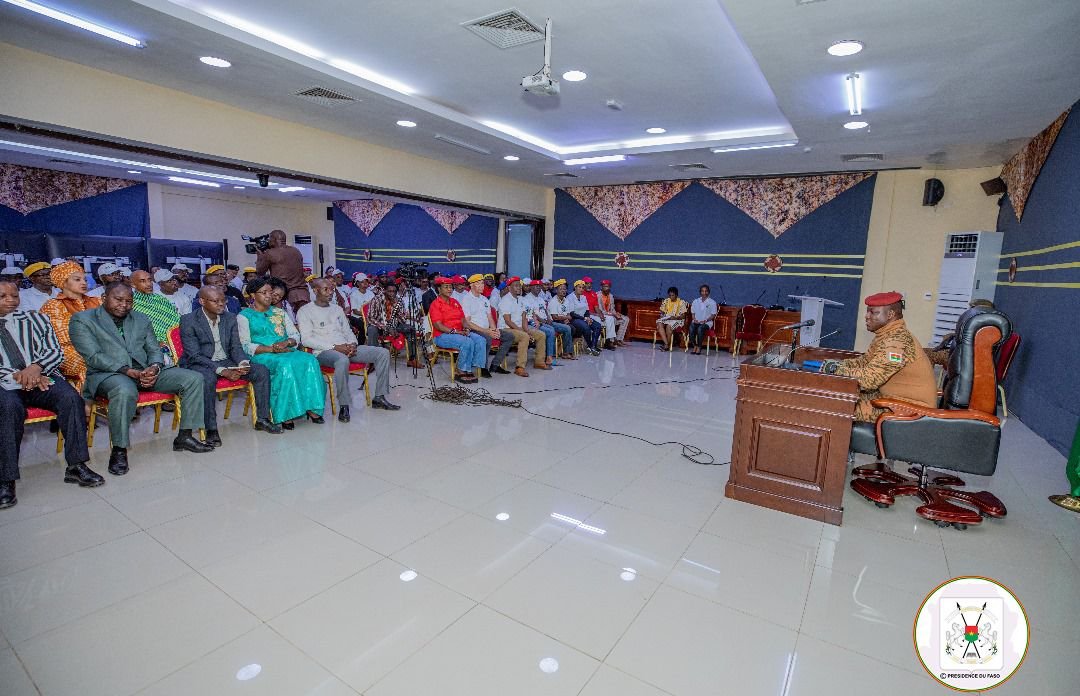
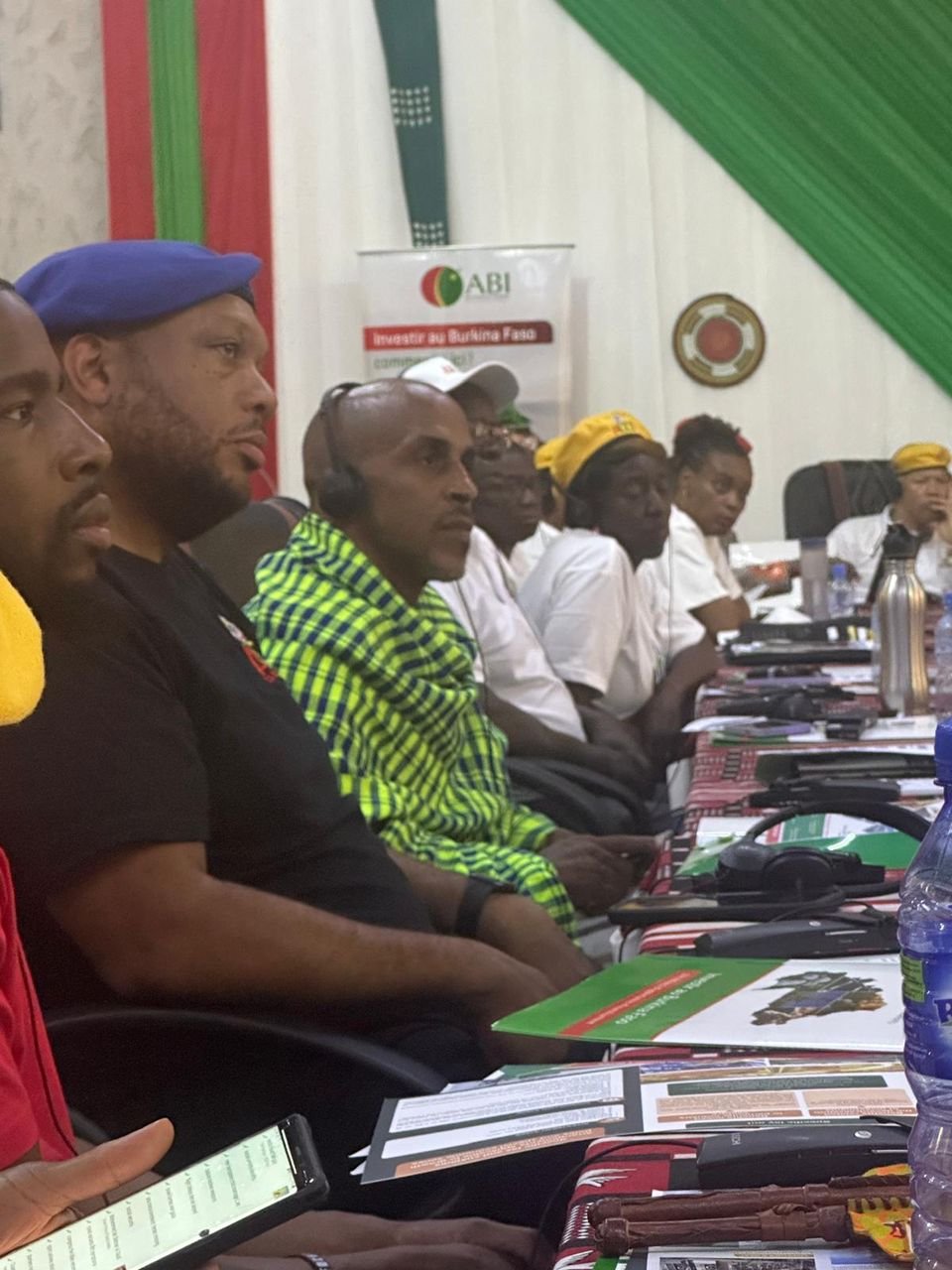
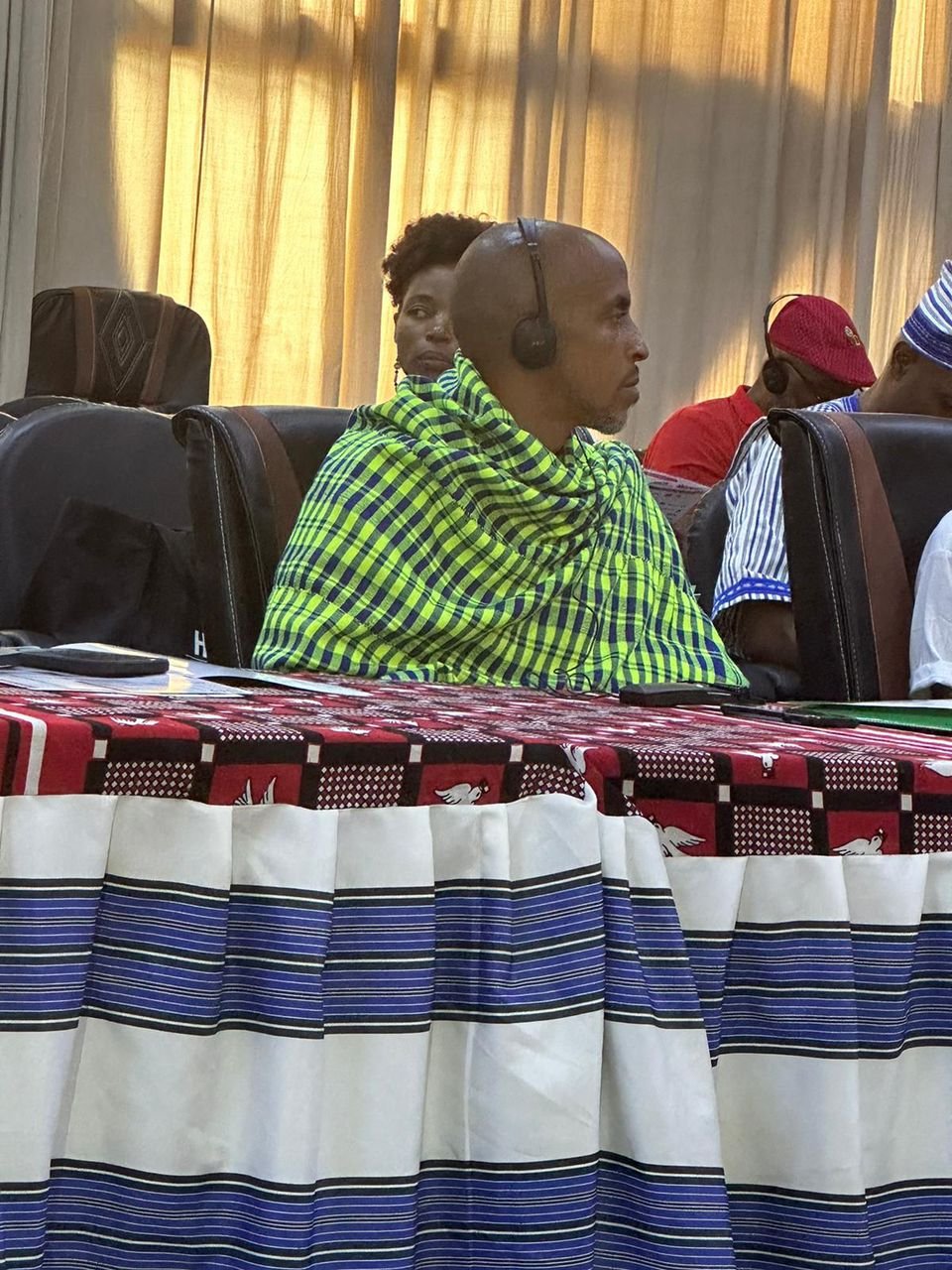
During the visit, Minister Baleka, who also serves as the Head of Research and Strategy for the Pan African Federalist Movement (PAFM) West Africa Region, had the opportunity to visit the Thomas Sankara Center, a community institution in Ougadougu and discuss PAFM objectives of supporting “sectorial federation” leading towards a United African States by 2030. The West African region is considered an integral part of the “Corridor of Victory” and Burkina Faso is emerging as its center piece..
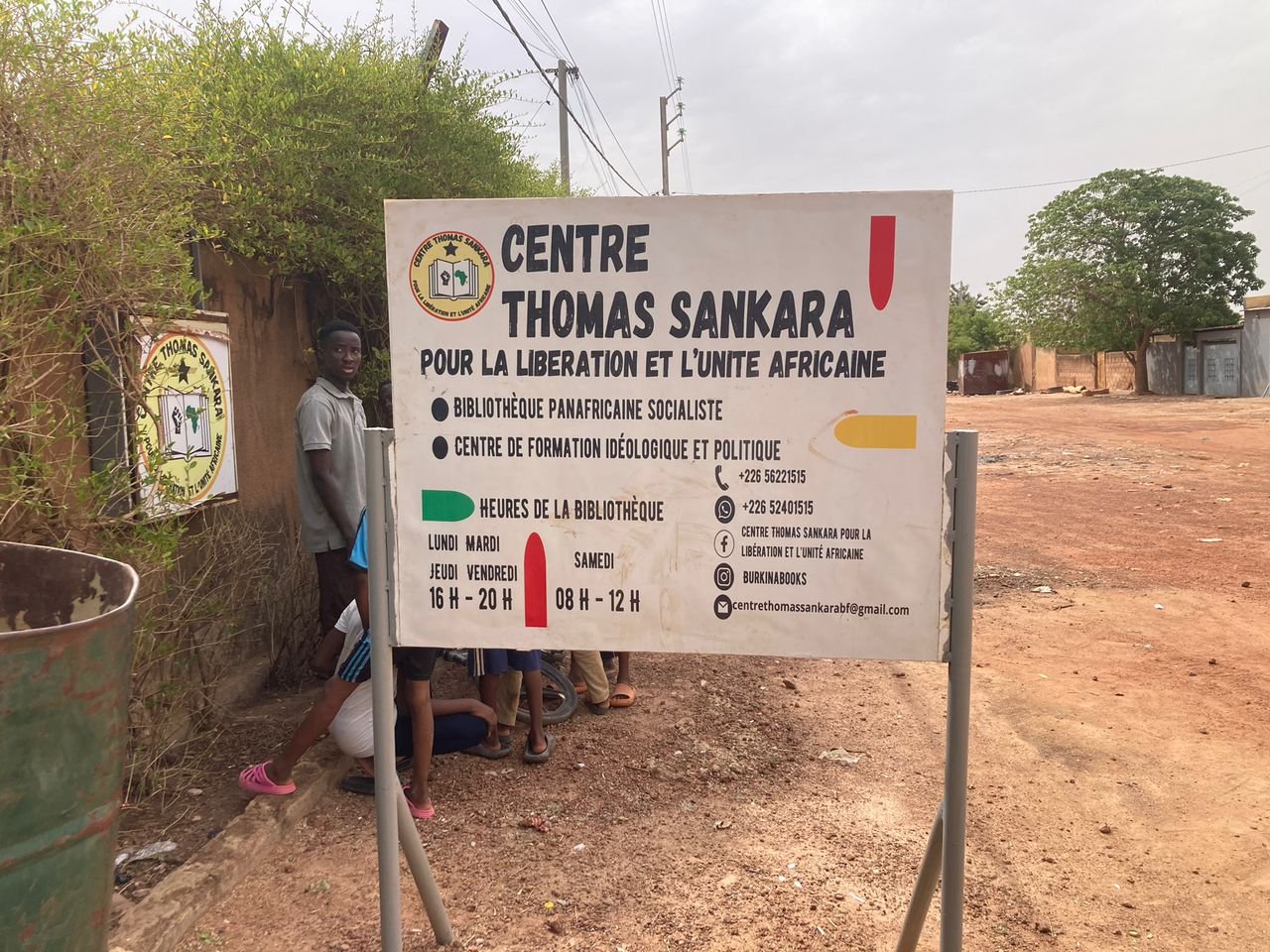
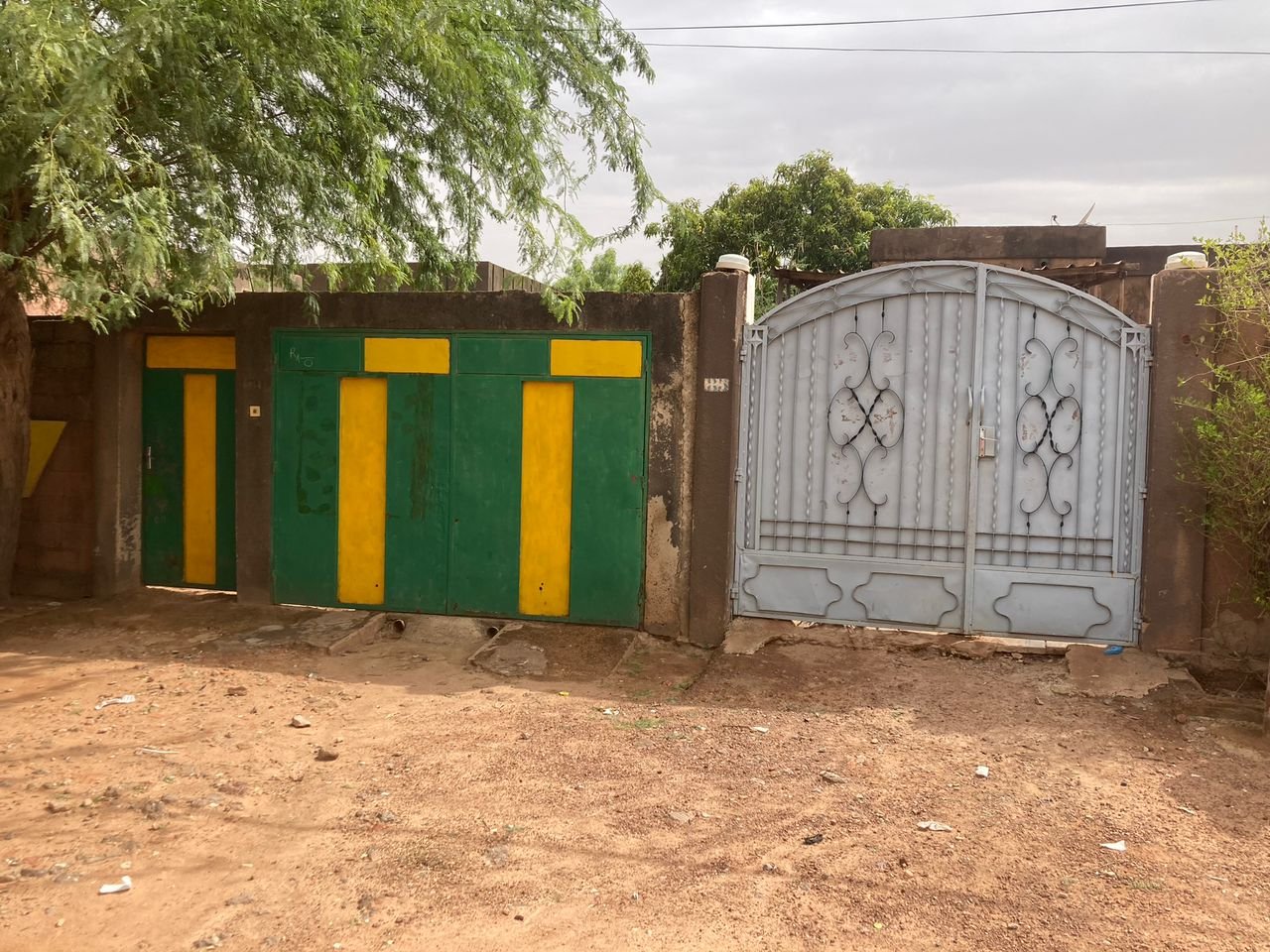
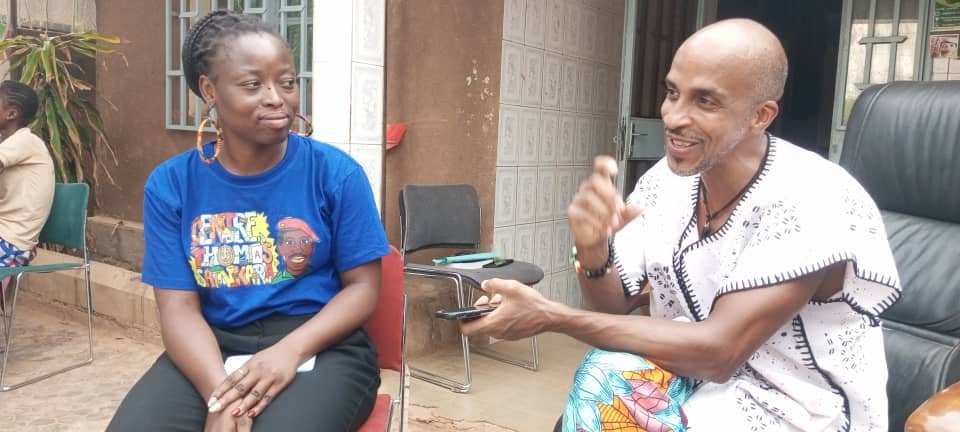
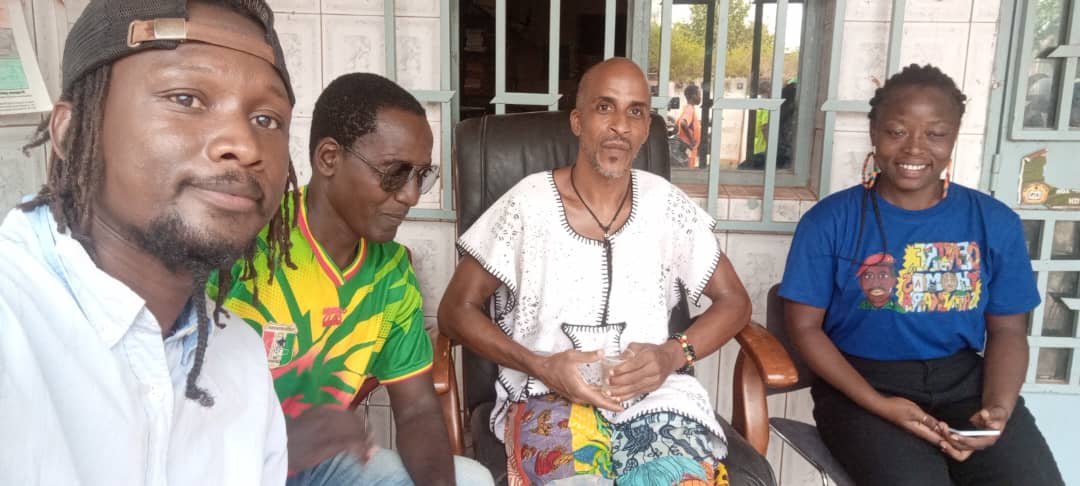
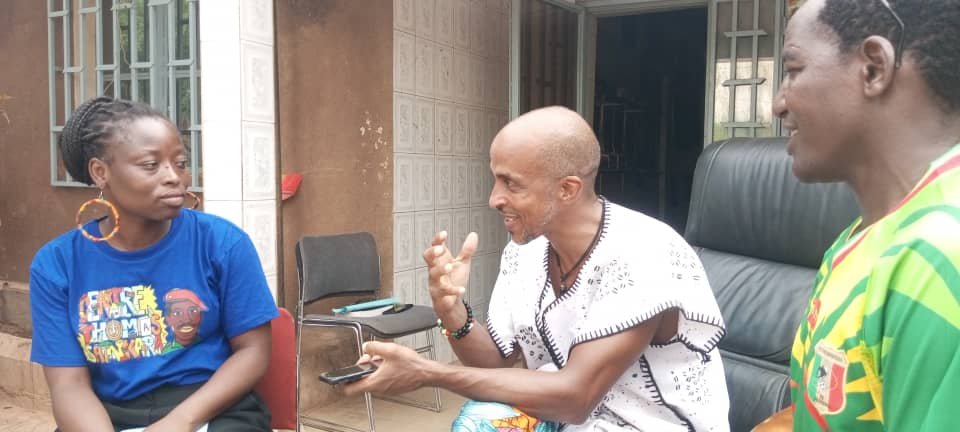
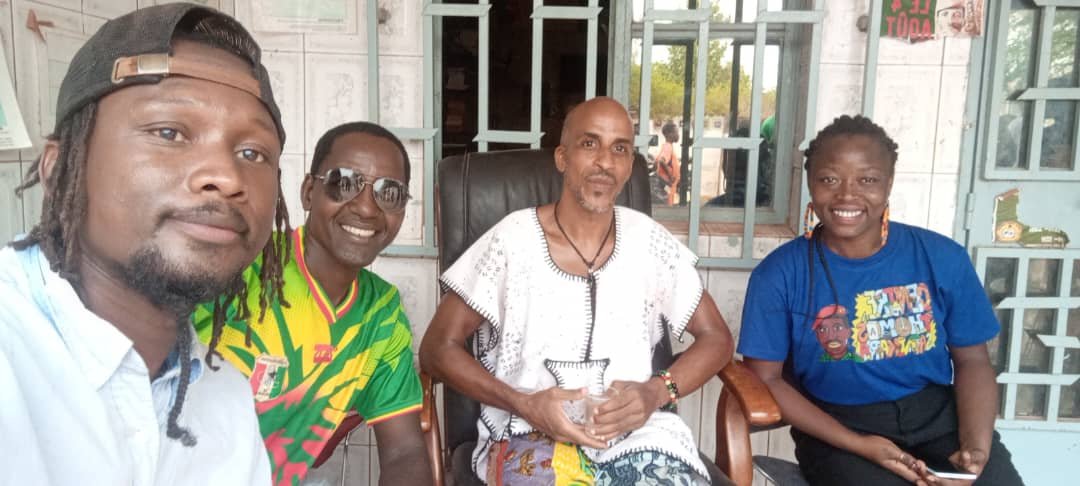
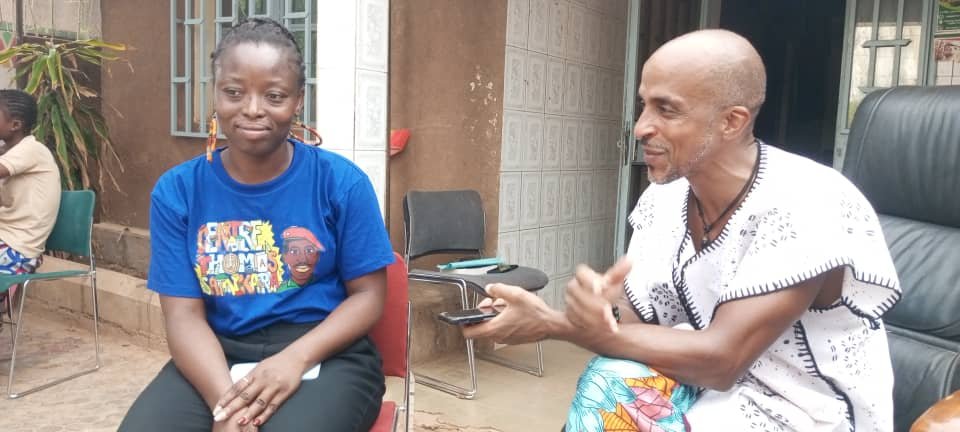
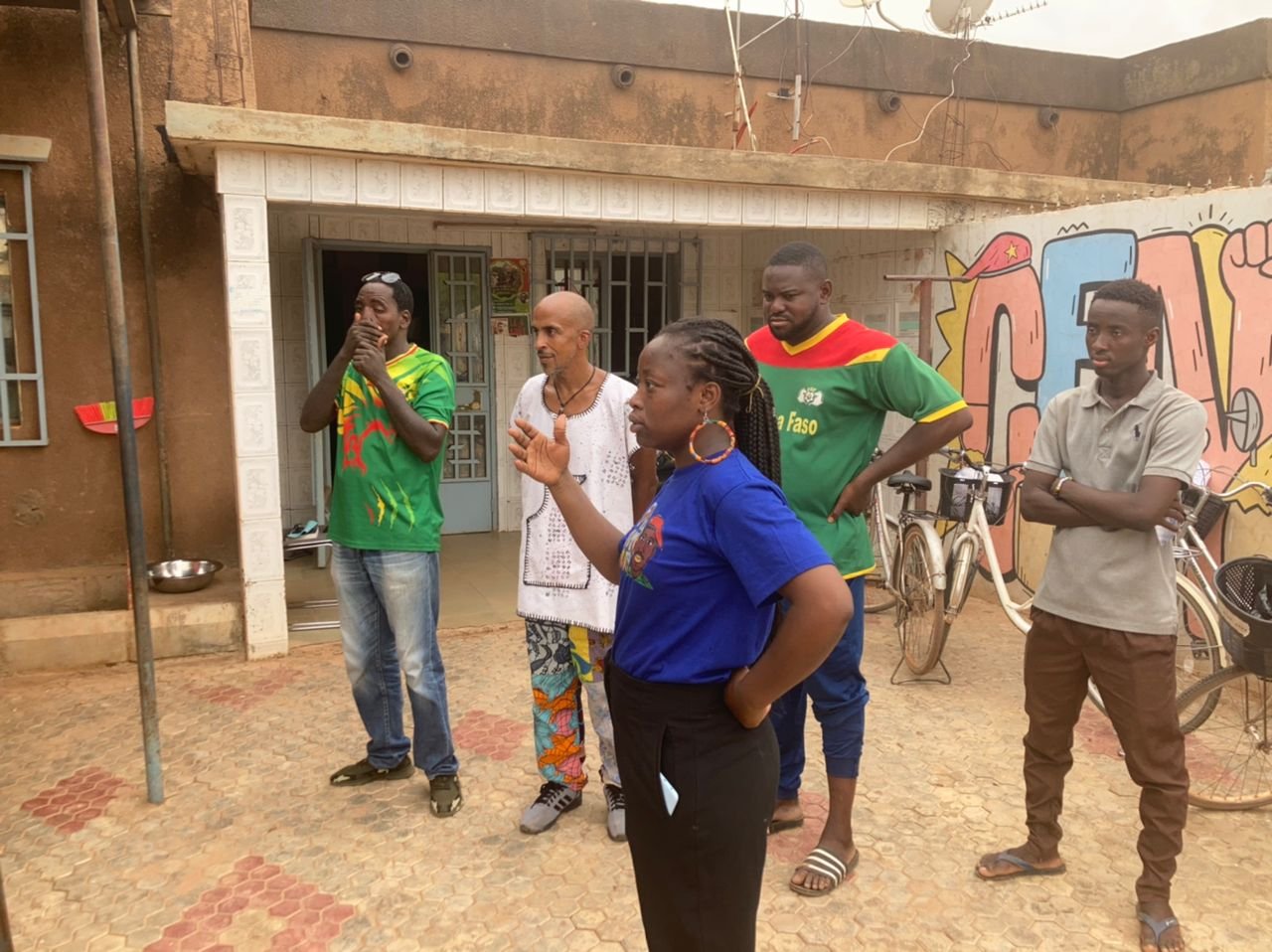
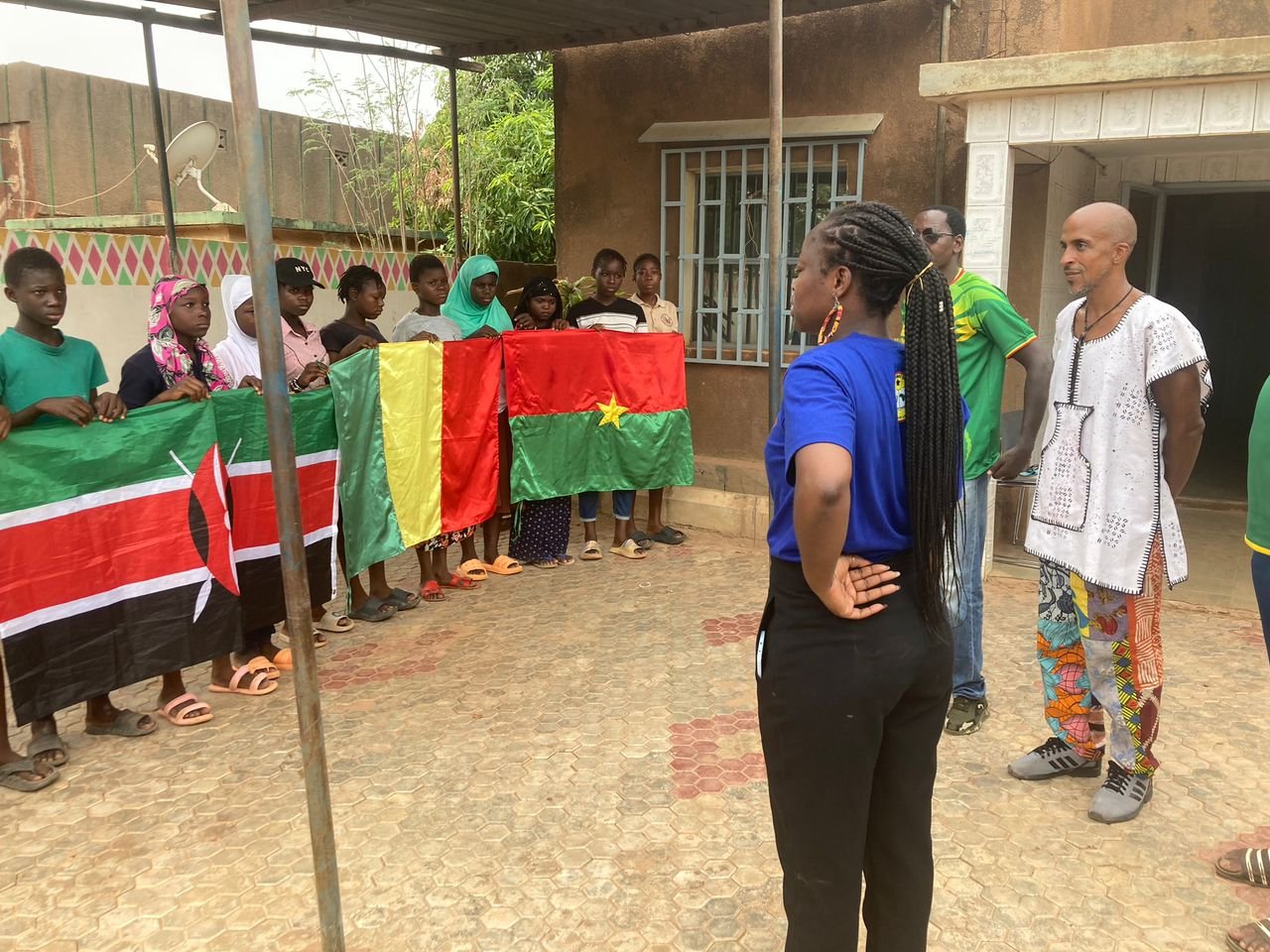
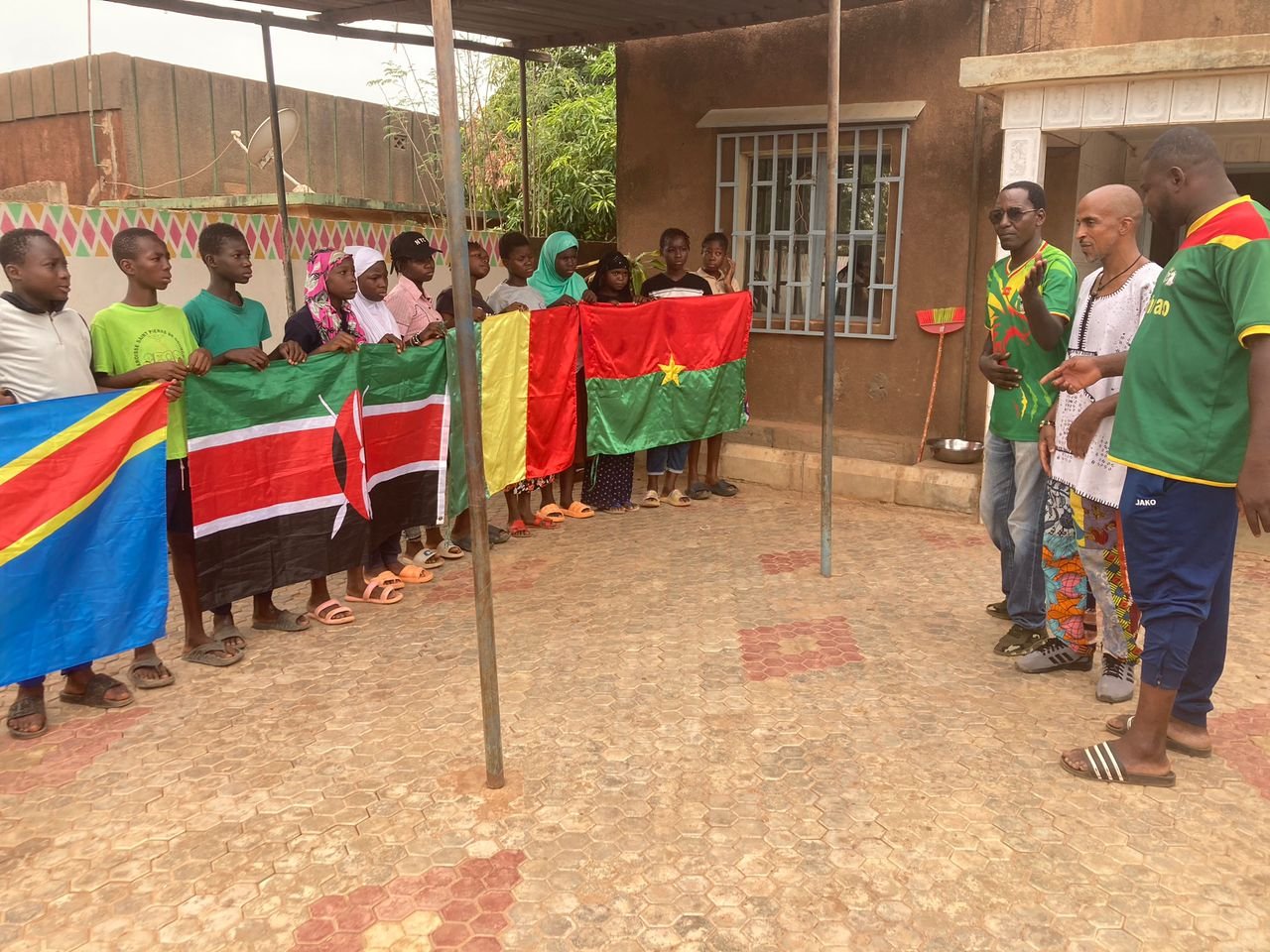
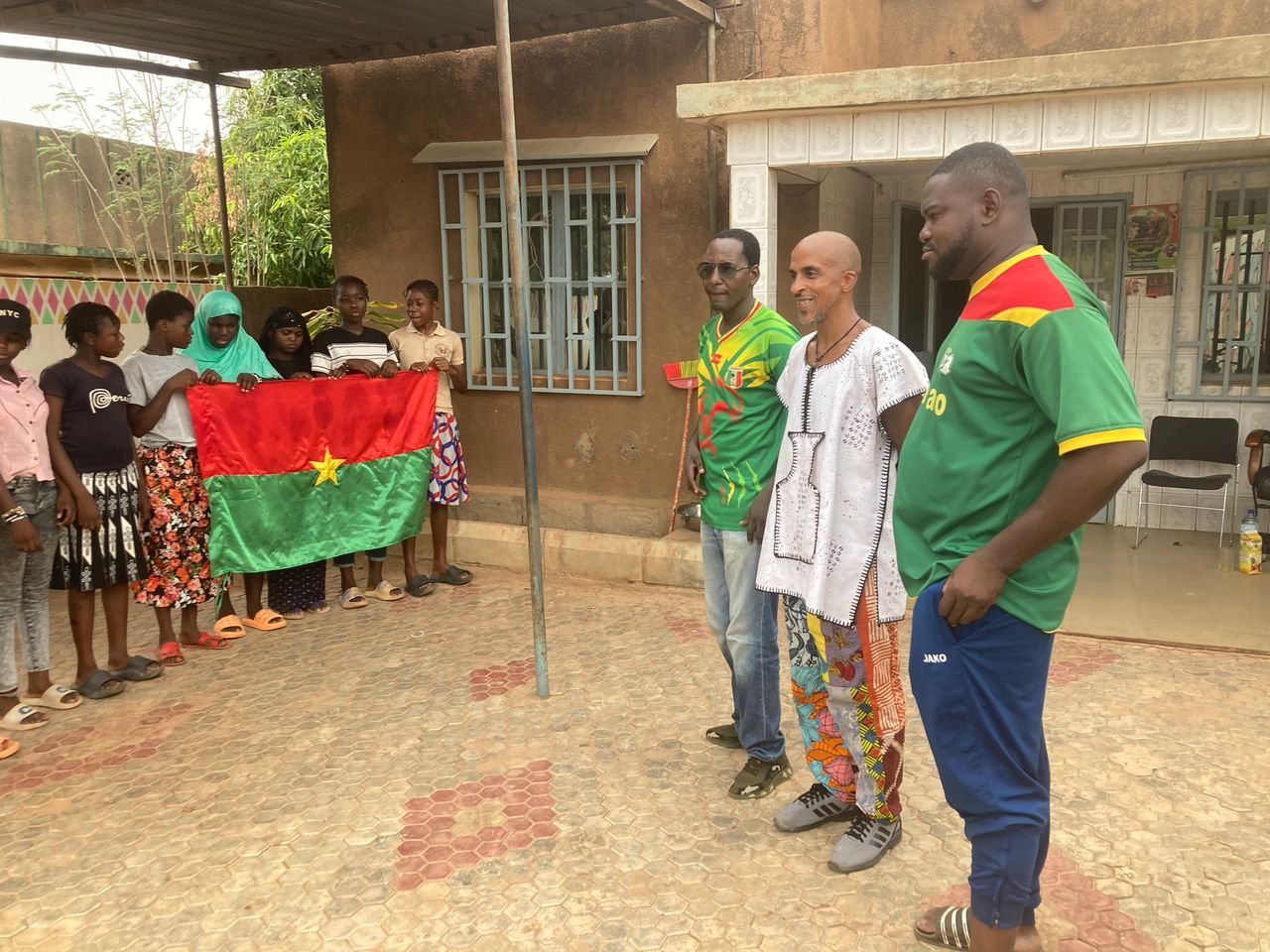
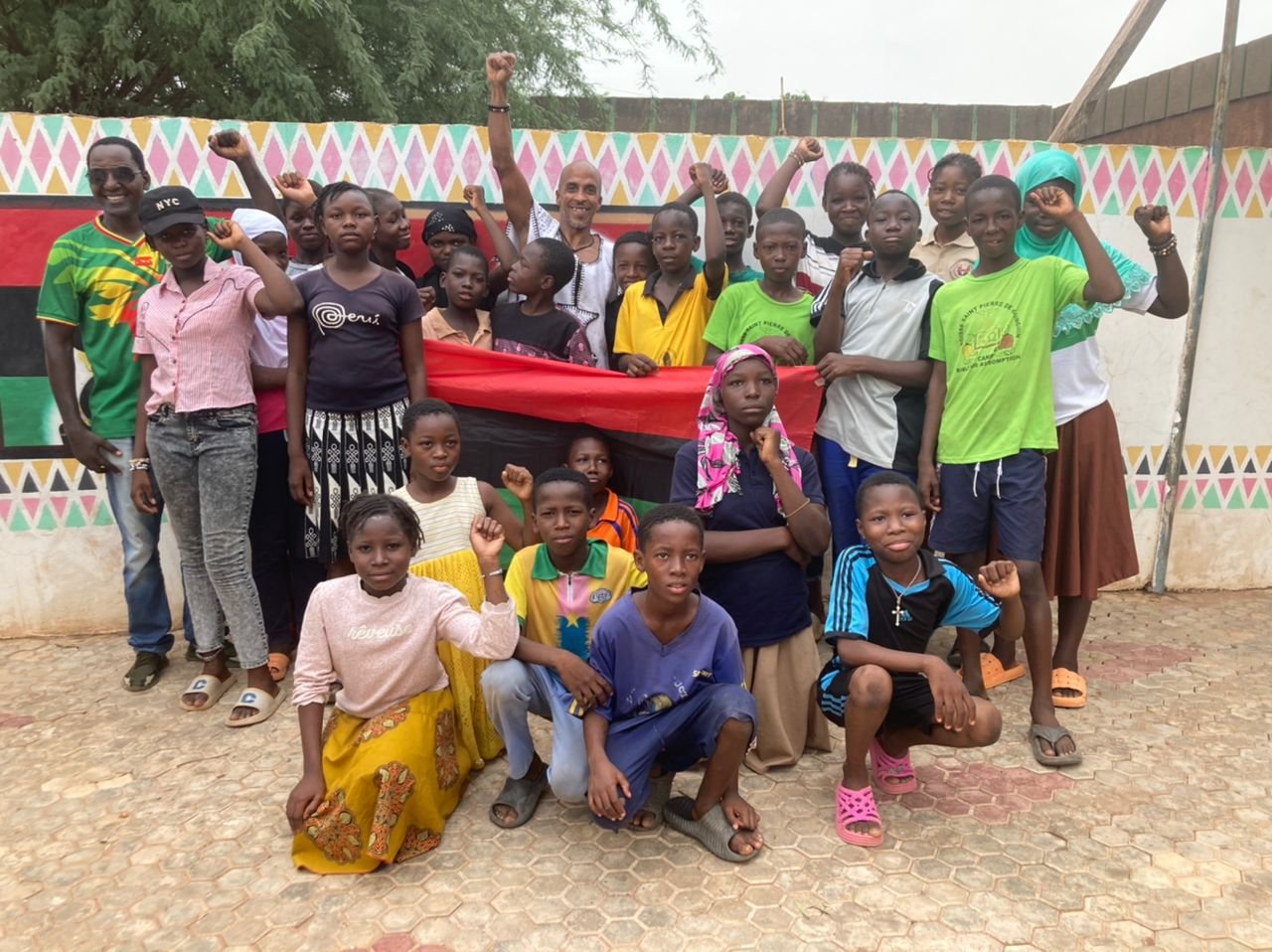
WHAT IS THE PROVISIONAL GOVERNMENT REPUBLIC OF NEW AFRIKA?
The Provisional Government of the Republic of New Africa (PG-RNA) was founded with a Declaration of Independence issued by a convention in Detroit on March 31, 1968. It was inspired by the Malcolm X Society, and the Provisional Government's purpose has been to complete the work of revolutionaries like Gabriel Prosser, Denmark Vesey, Osborne Perry Anderson, Tunis Campbell, Edwin McCabe, El Hajj El Malik Shabazz (Malcolm X), and Queen Mother Moore, by establishing a New Afrikan state in North America. FREE THE LAND!!! First and foremost, the Basic Policy of the Government has not changed. Our policy as stated in the platform papers of December 1969 state: The basic policy of the government is to establish national strength through sovereignty, effective international relations, and inherent viability. Our position is that all the land where Black people live, in what has been called "the continental U.S.," is our land, where we have lived on it traditionally, worked and developed it, and fought for it. This is the subjugated territory of the Republic of New Africa. Our basic national objective is to free this land from subjugation: to win sovereignty. The New Africans’ claim, by rights of heritage and reparations, five states of the Deep South: Mississippi, Louisiana, Alabama, Georgia, and South Carolina. In this area in many counties New Afrikans//Blacks already constitute a numerical majority. One set of these counties lies along the Mississippi River from Memphis to the Louisiana border and constitutes a contiguous territory containing more than 15,000 square miles – a territory which We call the Kush District , almost twice as large as the state of Israel. It is here that the Provisional Government of the Republic of New Africa has opened its struggle for land and independence .
NEW AFRIKA'S NATIONAL TERRITORY
In accordance with the rights of our people under international law, including our right to a contiguous and fruitful land mass as a part of the reparations due us from the United States, and in view of the United States' failure and refusal in years since the U.S. Civil War to reach a land and reparations settlement with any of the legitimate representatives of the New Afrikan nation, in 1968 the Provisional Government of the Republic of New Afrika, acting for our people as a nation, PROCLAIMED the territory in North America, now known as Louisiana, Mississippi, Alabama, Georgia and South Carolina as the core of the National Territory of the Black Nation in North America, the Republic of New Afrika. It is the primary task of the Provisional Government to organize the people of the nation for success in their struggle for independence and sovereignty over this land mass
NEW AFRIKAN CITZENSHIP
CITIZENSHIP BY BIRTH
Each Afrikan person born in America is a citizen of the Republic of New Afrika.
CITIZENSHIP BY PARENTAGE
Any child born to a citizen of the Republic of New Afrika is a citizen of the Republic of New Afrika.
CITIZENSHIP BY NATURALIZATION
Any person not otherwise a citizen of the Republic of New Afrika may become a citizen of the Republic of New Afrika by completing the procedures for naturalization as provided by the People's Center Council. Following paragraph was added after third PCC reading and approval on 28 March 1997. Any person of Afrikan descent is entitled to acquire citizenship in the Republic of New Afrika by a simple declaration of Republic of New Afrikan citizenship, made before an official of the Government on a form prescribed by the President and executed, with signature, by the person declaring Republic of New Afrikan citizenship.
itizenship, as provided by the People's Center Council.
CONSCIOUS CITIZENSHIP
All citizens of the Republic of New Afrika who are aware of their citizenship are conscious New Afrikan citizens. As a result of an over 300 year-old policy of force and fraud used by the United States government and the governments of various American states against the New Afrikan nation, many citizens of the Republic of New Afrika are not aware of their human right to New Afrikan Citizenship and, indeed, are not aware of the existence of the New Afrikan nation in North America. The growth of the conscious New Afrikan citizenship is related to the success of the liberation struggle. The objective measurement of that growth shall be considered in the development and implementation of Provisional Government policy, programs and structure as determined by the People's Center Council.
Ministry of Foreign Affairs Immediate Program of Action:
In January, 58 ADM (2024), the People’s Revolutionary Leadership Council approved the Ministry of Foreign Affairs Immediate Program of Action submitted by Interim Minister of Foreign Affairs Siphiwe Baleka, with the following Primary Objectives:
Win support in the African Union and the United Nations for the New Afrikan and Afro Descendant plebiscite for self determination in the United States;
Secure “right to return” citizenship legislation in African Union member states;
Request an Advisory Opinion from the International Court of Justice on our status as prisoners of war under the Geneva Convention and other fundamental questions pertaining to our reparations claims;
Secure diplomatic recognition from AU member states and other liberation movements
The basis of PGRNA foreign policy is the words of Imari Obadele in 1970:
“Indeed, along with the petition drive a specific campaign must be conducted among New York legislators and U.S. Congressmen (particularly black ones) to make them - and, concurrently, the world - see that our cause is just under moral law and correct under international law and that the law of the United States is deficient in failing to provide a peaceful formula for the separation of communities seeking their independence. . . . Let us return a moment to the first question: how sovereignty is to be achieved in the first place. From what has already been indicated, it is clear that the overall strategy is to present the United States, the United Nations, and the world with an implacable accomplished fact: the free vote of a community for independence. It is, then, to seek a favorable deployment of world-wide diplomatic pressures and internal (U.S.) political pressures. It is, finally, to follow up the independence vote with creation of a local government and a pattern of action by the local government and the Republic that constitutes the exercise of Sovereignty. In other words, the Government, after the vote, must act like a government. . . . Next we shall demonstrate to the world, by means of a plebiscite, a vote, that it is New Afrika, not the United States, which has the consent of the people who dominate those areas”
The words of Imari Obadele in 1972:
“The problem with international law is that there is nobody there to enforce it - except the powerful. Powerful nations enforce international law only when it suits them - or when they are forced to. . . . The development of foreign support, inside and outside the United Nations, is another of the vital supporting strategies. . . ”;
The words of Imari Obadele also in 1972:
“The essential strategy of our struggle for land is to array enough power (as in jiu-jitsu, with a concentration of karate strength at key moments) to force the greatest power, the United States, to abide by international law, to recognize and accept our claims to independence and land. The purpose of this strategy can be further simplified: it is to create a situation for the United States where it becomes cheaper to relinquish control of the Five States than to continue a war against us to take back or hold the area”; and
The 1933 Convention on the Rights and Duties of States as quoted by Imari Obadele in 1987:
“Article one of the convention states: ‘The state as a person of international law should possess the following qualifications: (a) a permanent population; (b) a defined territory; (c) government; and (d) the capacity to enter into relations with the other states.’”
H.E. Siphiwe Baleka, Minister of Foreign Affairs of the PGRNA in front of the Burkina Faso President Thomas Sankara Memorial
